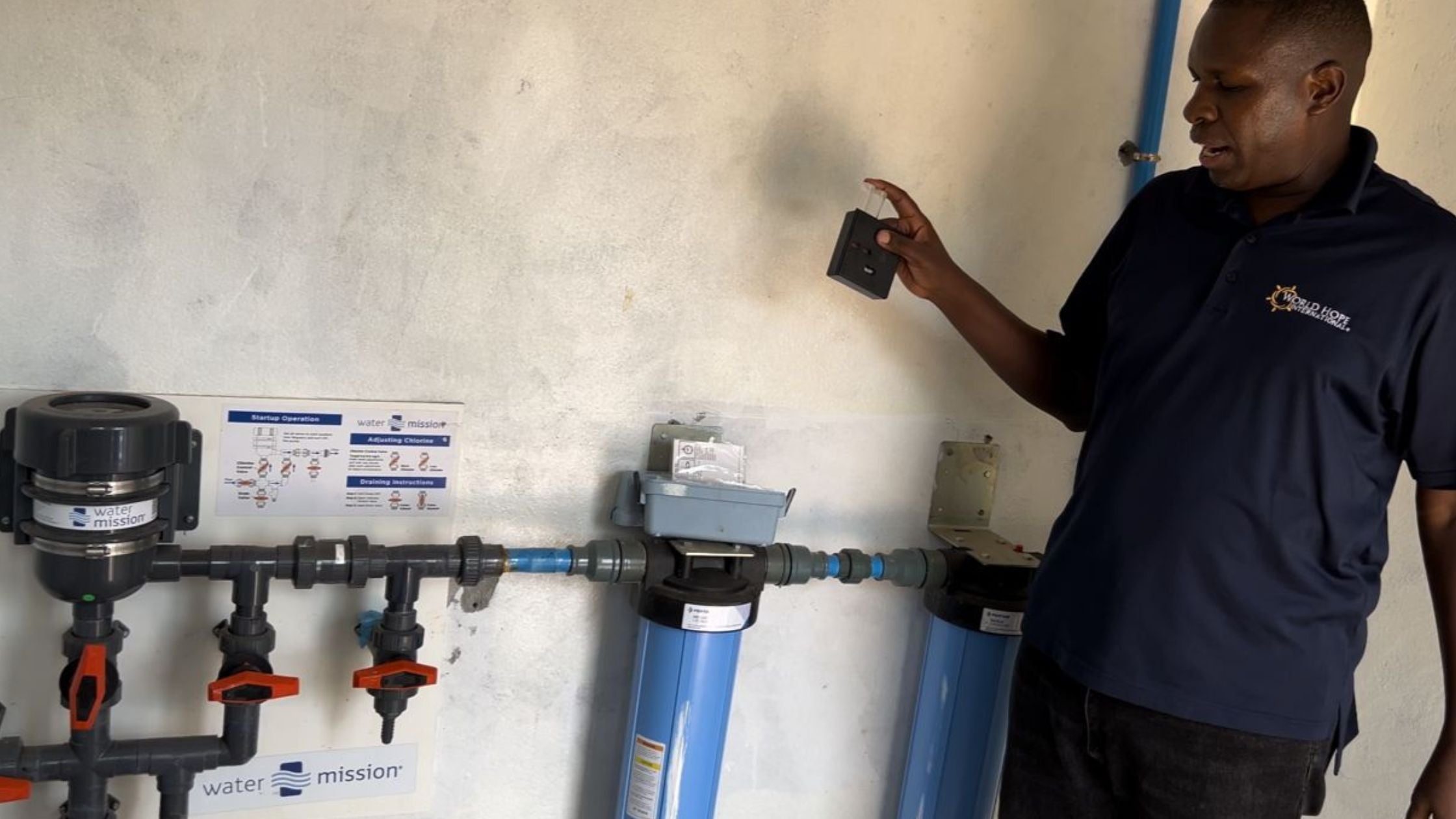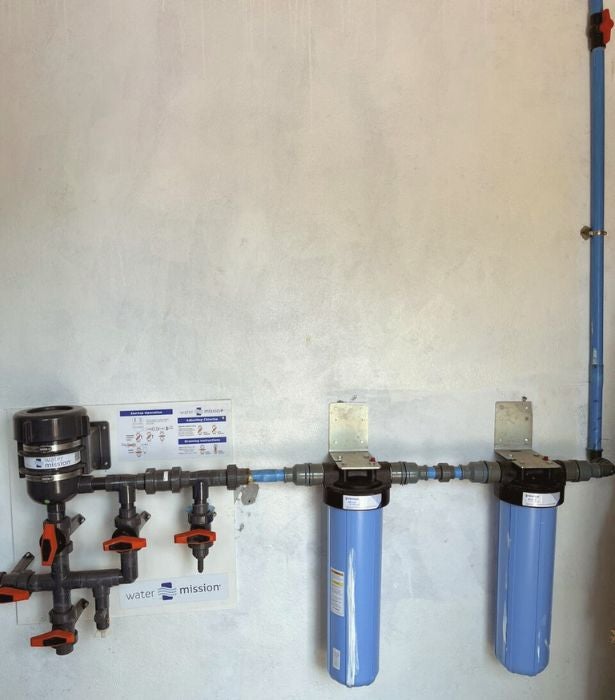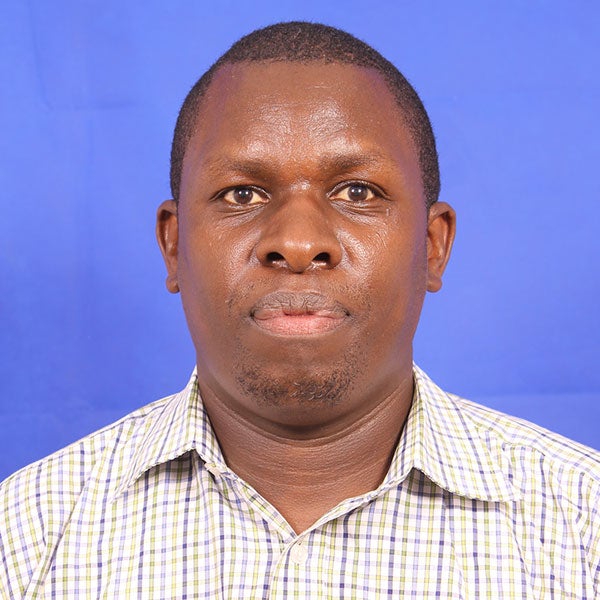
Bringing Clean Water to Rural Sierra Leone: The Impact of Chlorination
Life hasn’t been easy for people in rural Sierra Leone, where access to clean drinking water has been a constant struggle. Even at the 120-bed Masanga Hospital in the Tonkolili district, patients and surrounding communities often relied on a nearby river for water. The river was particularly vulnerable to contamination during the annual rainy season. For people without another option, drinking water from the river caused widespread cases of waterborne illnesses, including cholera and diarrhea, impaired health and diminished quality of life.
But lives can change when people who care step up. In partnership with the Masanga Hospital Foundation, World Hope International (WHI) launched a water project with solutions to these problems. The project involved drilling two solar-powered boreholes and constructing a 6-meter tower with a 33,000-liter water storage tank.
The Water Mission Chlorinator Solution
After testing the water quality (physical, chemical and bacteriological) at a government laboratory, analysts discovered fecal contamination. WHI sourced a Water Mission Erosion Chlorinator designed to treat water directly from the elevated tank to its point of use through hydraulic force. The chlorinator ensured the water’s safety. This equipment is especially valuable in areas like Masanga with limited electricity because it operates without power.
With the chlorinator installed, WHI trained the water management committee on using and maintaining the system, testing chlorine levels, and understanding the importance of chlorination for safe drinking water. This training ensured the community can independently manage and maintain the chlorinator for sustainable use.

Water Mission Erosion Chlorinator
Improving Lives and Health
Since installing the Erosion Chlorinator, people have noticed fewer waterborne illnesses. Data from Masanga Hospital, previously overwhelmed with cases of diarrhea and related diseases, shows a significant drop in these illnesses.
“There have been fewer missed school days for the children and less time adults take off from work to take care of sick family members,” a local elder said.
Today because of access to safe drinking water, vulnerable children and their families are healthier and have increased productivity and educational opportunities.
Encouraged by the success at Masanga, WHI has installed additional chlorinators in other regions, including Mara in Bombali District and Peace Islands and ELWA Hospital in Monrovia, Liberia.
A Model for Sustainable Clean Water Solutions
The success of the Water Mission Erosion Chlorinator shows the power of sustainable, locally managed water treatment solutions in improving public health and daily life. Through partnerships and community training, WHI is helping communities build a healthier future, one clean drop at a time.

Elijah Kihara
WASH Director-West Africa Country Office in Clean Water & Energy
World Hope International
